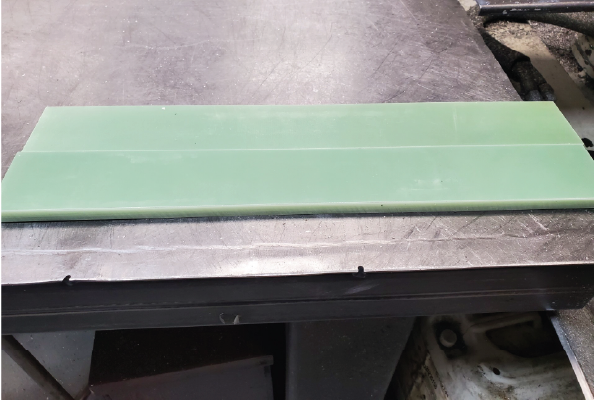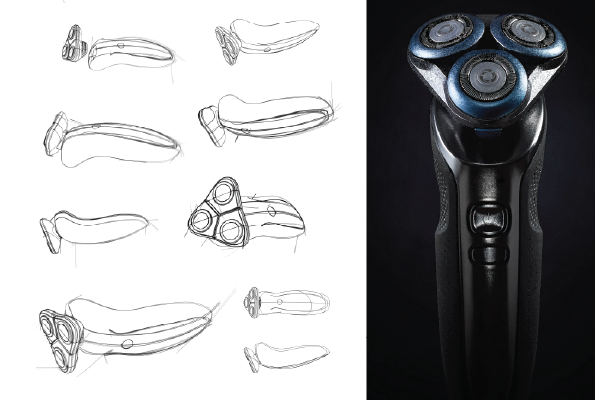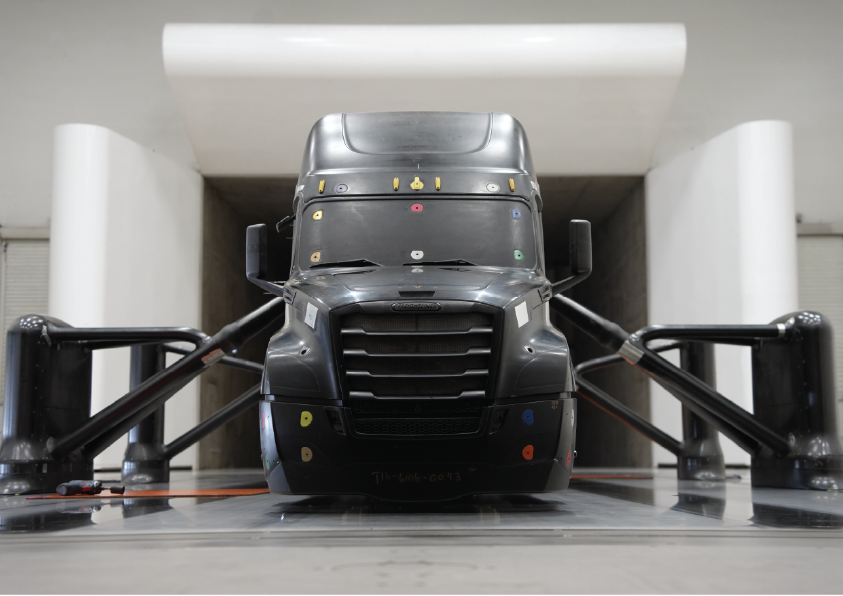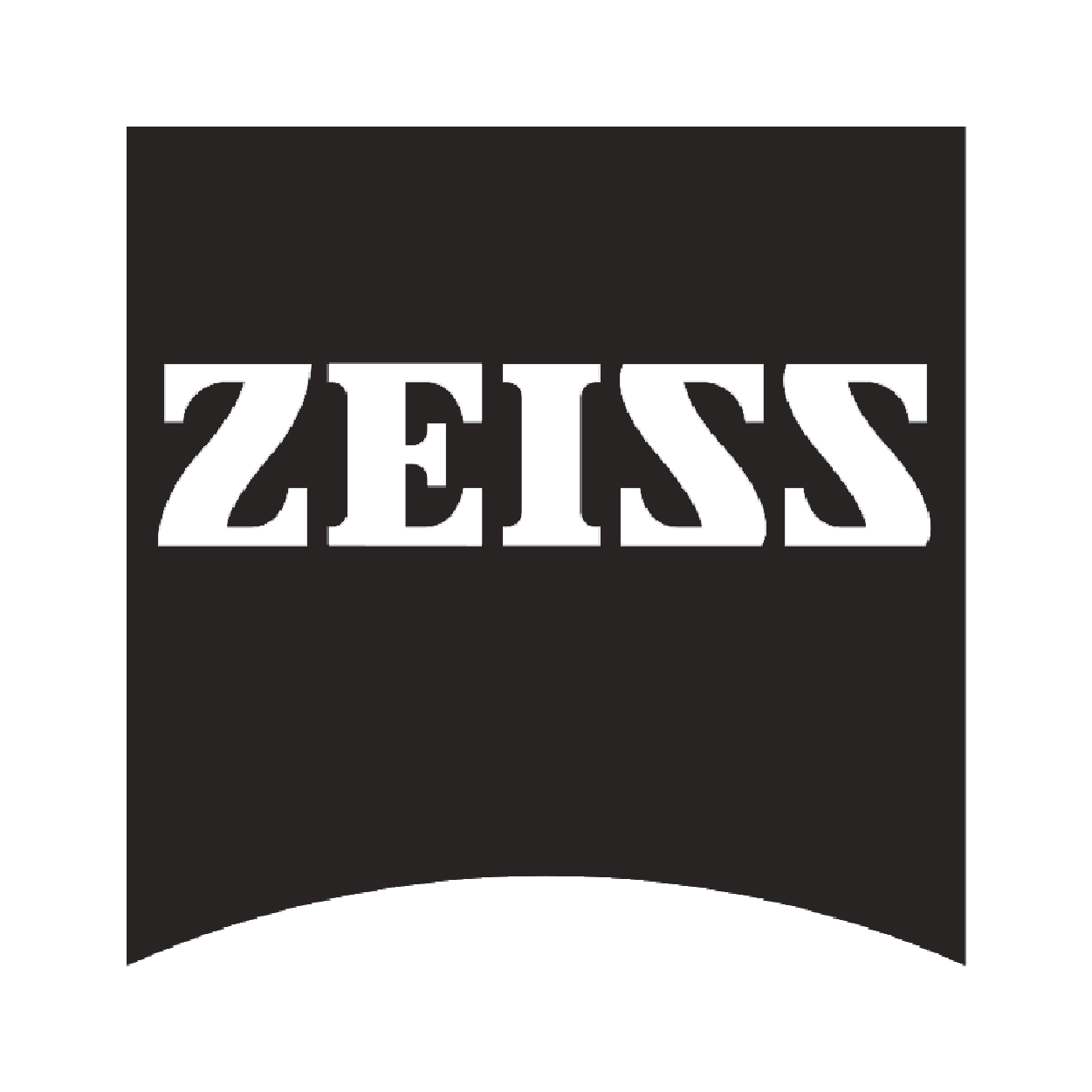
Understanding Kovar, a crucial special metal alloy in manufacturing and engineering, can provide valuable insights into its unique properties and applications.
This post will examine what Kovar is and why it is essential for many high-tech products and components.
What is the history of Kovar, and how is it made?
Kovar is a vital metal alloy for electronics and aerospace technology. Researchers at Westinghouse Electric Corporation developed this alloy in 1920. Its innovative structure allows it to expand at the same rate as borosilicate glass. This property aids in creating strong seals between metal and glass, a common material in el Kovartronic components and vacuum tubes.
Kovar comprises 29% nickel, 17% cobalt, and 54% iron. This mixture gives the alloy essential qualities, such as resistance to corrosion and high strength, while matching the thermal expansion of borosilicate glass. While the recipe has improved, the key ingredients remain the same.
Workers melt and mix nickel, cobalt, and iron to make Kovar in an electric arc furnace. They pour the molten alloy into molds to create ingots. These ingots can then be hot-rolled into sheets, drawn into wires for different uses, or blanks for machining.
After that, this material undergoes a heat treatment to ensure it expands appropriately. This process requires careful control of temperature, time, and cooling rates to improve the material’s properties.
Finally, manufacturers like Prototek shape Kovar into parts like headers and leads for electronic devices using machining, stamping, or other methods. They follow strict quality control measures throughout the process to ensure that Kovar products are reliable.
Kovar’s unique features make it an indispensable material in various fields, including electronics, telecommunications, aerospace, and medical devices. Its ability to create strong seals with glass and ceramics is crucial for making vacuum tubes, transistors, and integrated circuits, which are the backbone of modern electronics. This versatility of Kovar inspires engineers and manufacturers to explore its potential in various innovative applications.
As technology evolves, the demand for Kovar and its manufacturing processes remains strong. It will continue to be important in future innovations.
What are Kovar's mechanical properties?
Kovar, also known as Fernico, is an alloy mainly made of iron, nickel, and cobalt. These metals combine to create a material with valuable properties for many industries.
Expands Like Glass
One key feature of Kovar is that it expands and contracts with temperature changes, just as glass does. This property makes it great for sealing glass and metal parts together, as it ensures a strong bond that can handle temperature stress.
Resists Rust
Kovar resists rust and corrosion well, which protects parts in harsh environments. This durability is crucial in aerospace, electronics, and medical devices, where keeping components safe from moisture and temperature changes is essential.
Precision for Complex Parts
Making parts from Kovar can be challenging because of its hardness, but it allows for highly accurate and detailed shapes. This precision is essential for components that must fit well in complex systems, ensuring they work effectively.
Adjustable Magnetic Properties
Kovar can have different magnetic properties depending on the project’s needs. This flexibility is beneficial in electronics, where controlling magnetic fields is essential for device operation.
A Reliable Choice for Important Uses
Kovar is a trusted option for engineers and manufacturers in high-stakes areas like aerospace, electronics, and medical technology. Its proven reliability gives designers confidence as they create advanced technologies.
These features make Kovar a preferred material for engineers, showing its essential role in developing new and innovative technologies.
What industries use Kovar?
Kovar is a special alloy made of nickel and iron. It is popular in many industries because of its excellent properties. Its unique way of expanding with heat and strong mechanics makes it useful in electronics, telecommunications, aerospace, Defense, medical devices, and scientific instruments.
Electronics and Telecommunications
Kovar mainly makes high-precision electronic parts, such as transistor headers, glass-to-metal seals, and microwave devices. Its thermal expansion is similar to that of glass and ceramics, which helps create strong seals in electronic assemblies. Reducing stress where different materials meet, making electronic systems last longer and work better.
Aerospace and Defense
In aerospace and Defense, Kovar’s low thermal expansion and strong tensile strength make it perfect for critical uses. Manufacturers use this alloy to produce satellite components, missile guidance systems, and high-performance sensors. These parts often face extreme conditions, and Kovar’s properties help them stay intact and work correctly under various temperatures and pressures, which is crucial for mission success.
Medical Devices
Kovar is also becoming popular in healthcare because it is safe to use with the human body and resists corrosion. It is suitable for many medical devices, including implants and surgical tools. Its strength and ability to remain stable in the body are essential for devices like pacemakers and other implants to function reliably.
Scientific Instrumentation
Kovar’s unique thermal properties and ability to create airtight seals benefit scientific instruments like vacuum, X-ray, and high-precision analytical tools. Kovar can handle high vacuum conditions and prevent gas leaks, ensuring these instruments work accurately and effectively, which is essential for advanced research and development.
Kovar’s beneficial properties make it an essential material in many industries. It provides reliable solutions that meet the needs of modern technology and healthcare.
Why use it for your project?
Kovar is an excellent choice for your project because of its unique features. This nickel-iron alloy expands and contracts similarly to borosilicate glass, making it perfect for hermetic seals and other applications that need a good thermal match. It resists corrosion and is easy to machine, which makes it reliable for many manufacturing tasks. Choose Kovar to improve your next project.
FAQs
It is a gray-colored nickel-iron alloy commonly used in electronics.
It is a nickel-iron alloy that exhibits low thermal expansion and while Kovar is not strongly magnetic, it does have some magnetic properties.
It is an iron-nickel-cobalt alloy, is resistant to oxidation and does not readily react with oxygen under normal conditions.
It is not an element on the periodic table. It is a nickel-cobalt-ferrous alloy commonly used in electronics and aerospace applications.










